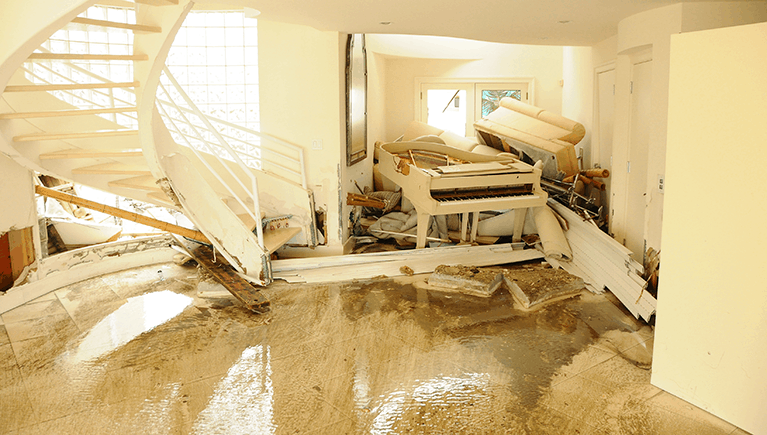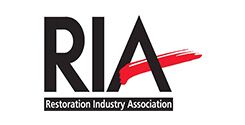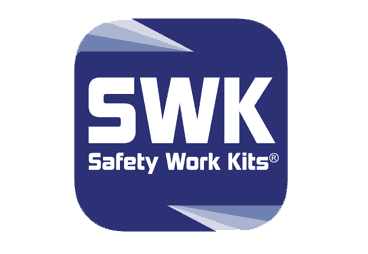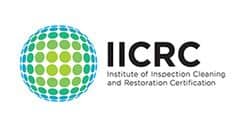A flood can cause significant damage to your home and property, but one of the most dangerous aspects of a flood is the potential for electrical hazards. Water and electricity are a deadly combination, and it's essential to know how to deal with these hazards to protect your family and your home. In this article, we will discuss the steps you should take to deal with electrical hazards after a flood, including safety precautions, identifying potential hazards, and working with professionals to restore your home's electrical system.
1. Prioritize Safety
The first and most important step in dealing with electrical hazards after a flood is to prioritize the safety of yourself and your family. Never enter a flooded area if you suspect there may be live electrical wires or equipment in the water. If you're unsure, it's always best to err on the side of caution and wait for professional help.
2. Turn Off the Power
If it is safe to do so, turn off the power to your home at the main electrical panel. This will help prevent electrical shock and further damage to your electrical system. If you're unable to access the main panel due to flooding or other hazards, contact your local utility company or an electrician for assistance.
3. Evacuate the Area
If you suspect that there may be live electrical wires or equipment in the flooded area, evacuate the area immediately and contact your local utility company or an electrician. They will be able to assess the situation and take the necessary steps to ensure the area is safe.
4. Identify Potential Hazards
Once the area has been deemed safe, it's essential to identify potential electrical hazards. This may include submerged electrical outlets, damaged wiring, or waterlogged electrical appliances. Be cautious when handling any electrical equipment that has been exposed to water, as it may still pose a risk of electrical shock.
5. Inspect Your Electrical System
After a flood, it's crucial to have your home's electrical system inspected by a licensed electrician. They will be able to identify any damage to your wiring, outlets, and electrical panel and recommend the necessary repairs. Do not attempt to make any repairs yourself, as this can be extremely dangerous and may result in further damage to your electrical system.
6. Replace Damaged Electrical Components
Any electrical components that have been exposed to water, such as outlets, switches, and circuit breakers, should be replaced by a licensed electrician. Water can cause corrosion and other damage to these components, which can lead to electrical fires and other hazards if not addressed.
7. Dry Out Electrical Equipment
If any electrical equipment, such as appliances or electronics, has been exposed to water, it's essential to dry them out thoroughly before attempting to use them again. This may involve removing covers or panels to allow air to circulate and using fans or dehumidifiers to speed up the drying process. Be sure to consult the manufacturer's guidelines for your specific equipment, as some items may not be salvageable after being exposed to water.
8. Test Your Smoke Detectors
After a flood, it's essential to test your smoke detectors to ensure they are still functioning correctly. Smoke detectors play a crucial role in alerting you to potential electrical fires, so it's important to make sure they are in good working order.
9. Be Prepared for Future Floods
Once you have dealt with the immediate electrical hazards after a flood, it's essential to take steps to protect your home and electrical system from future flooding events. This may include installing a sump pump, elevating electrical components, or waterproofing your basement. Consult with a professional to determine the best course of action for your specific situation.
10. Consult with Professionals
Dealing with electrical hazards after a flood can be a complex and dangerous process. It's essential to work with experienced professionals, such as electricians and restoration specialists, to ensure your home is safe and your electrical system is restored to proper working order.
Conclusion
Electrical hazards are a serious concern after a flood, and it's essential to take the necessary steps to protect yourself, your family, and your home. By prioritizing safety, identifying potential hazards, and working with professionals to restore your electrical system, you can minimize the risk of electrical shock and other dangers. Remember, when it comes to electricity and water, it's always better to be safe than sorry.







